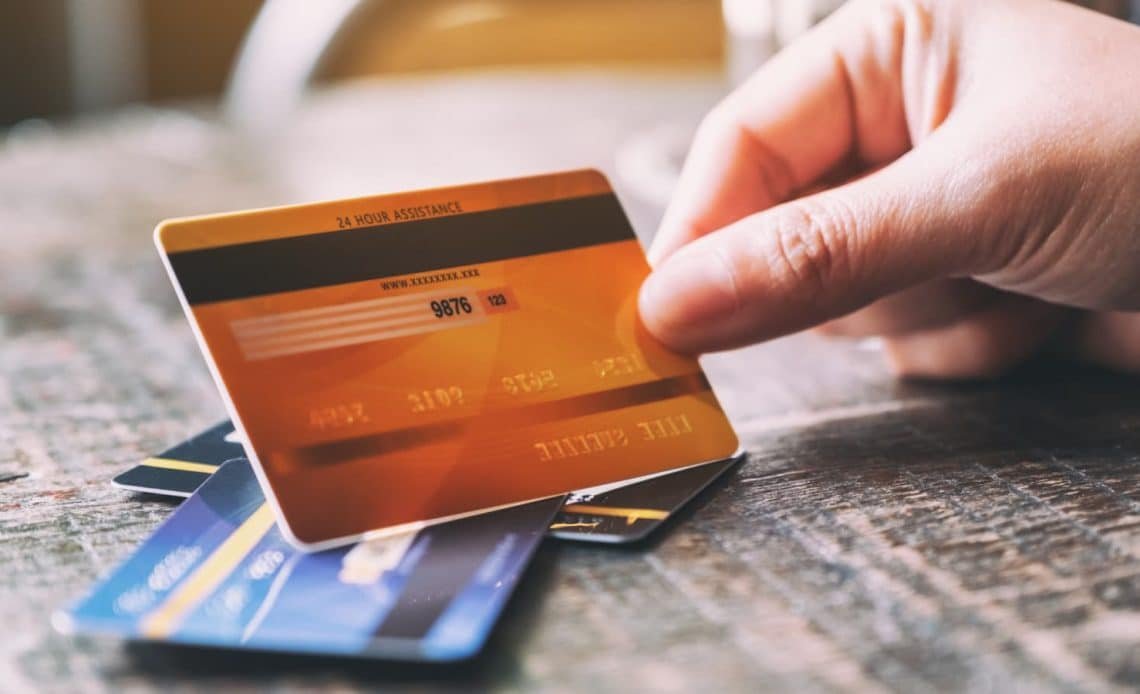Congratulations, you’ve just secured a brand-new credit card! But wait, why did your credit score suddenly drop? If you’ve found yourself asking, “Why is my credit score low after getting a credit card?”, you’re not alone. A slight dip in your credit score after getting a new credit card can leave you scratching your head in confusion and concern. In this article, we’ll dissect all the possible reasons for this puzzling phenomenon and provide you with actionable solutions.
The Credit Score Ecosystem
Before we delve into why your credit score might have dropped after getting a new credit card, let’s first understand the core components that make up your credit score:
- Payment History (35%): Timely payments are crucial.
- Credit Utilization (30%): This is the ratio of your current credit card balances to your credit limits.
- Length of Credit History (15%): A longer credit history is generally seen as favorable.
- Types of Credit in Use (10%): A mix of different types of credit can be beneficial.
- New Credit (10%): Opening many new accounts in a short period can be damaging.
Hard Inquiries and Your Credit Score
What Is a Hard Inquiry?
When you apply for a credit card, the issuer conducts what’s known as a hard inquiry or hard pull on your credit report.
How It Impacts Your Score
A single hard inquiry can drop your credit score by up to five points. Although this seems minor, the impact can be more significant if you have a shorter credit history or fewer accounts.
Credit Utilization: The Hidden Factor
A new credit card increases your overall credit limit, but it also presents the risk of higher credit utilization if not managed wisely. If you immediately rack up a large balance, it can negatively affect this part of your score.
Length of Credit History: The Underestimated Contributor
Opening a new account will reduce your average account age, which can lower your score. Although it accounts for 15% of your credit score, it’s not something to be ignored.
New Credit: Why Quantity and Time Frame Matter
Having too many new credit accounts within a short time frame can signal risk to creditors, causing your score to dip.
The Balancing Act: Multiple Types of Credit
Adding a new credit card alters the “Types of Credit in Use.” While diversity in your credit types is good, adding yet another credit card to a list of existing credit cards may not benefit your score in this category.
When Does Your Credit Score Bounce Back?
Typically, the negative impact of a hard inquiry fades over time, usually within 12 months. Your credit utilization and length of credit history will also recover as you build a stable payment record and your accounts age.
Frequently Asked Questions (FAQ)
Why did my credit score drop significantly after getting a credit card?
The reasons can be multiple, ranging from hard inquiries and changes in credit utilization to alterations in the length of your credit history.
How long will it take for my score to recover?
Hard inquiries usually have an impact for 12 months, while other factors depend on your credit behavior.
Is opening a new credit card always going to hurt my credit score?
Not necessarily. Sometimes, the increase in total credit available can actually improve your credit utilization ratio and eventually boost your score.
What can I do to mitigate the damage?
Be mindful of your credit utilization, make timely payments, and don’t rush into opening multiple new accounts in a short time frame.
Conclusion
While the question “Why is my credit score low after getting a credit card?” is a valid concern, understanding the various factors that contribute to your credit score can provide clarity. Yes, your score might dip in the short term, but responsible financial behavior can help it recover and even improve over the long term. The key is to understand the mechanics behind your credit score and act accordingly.







